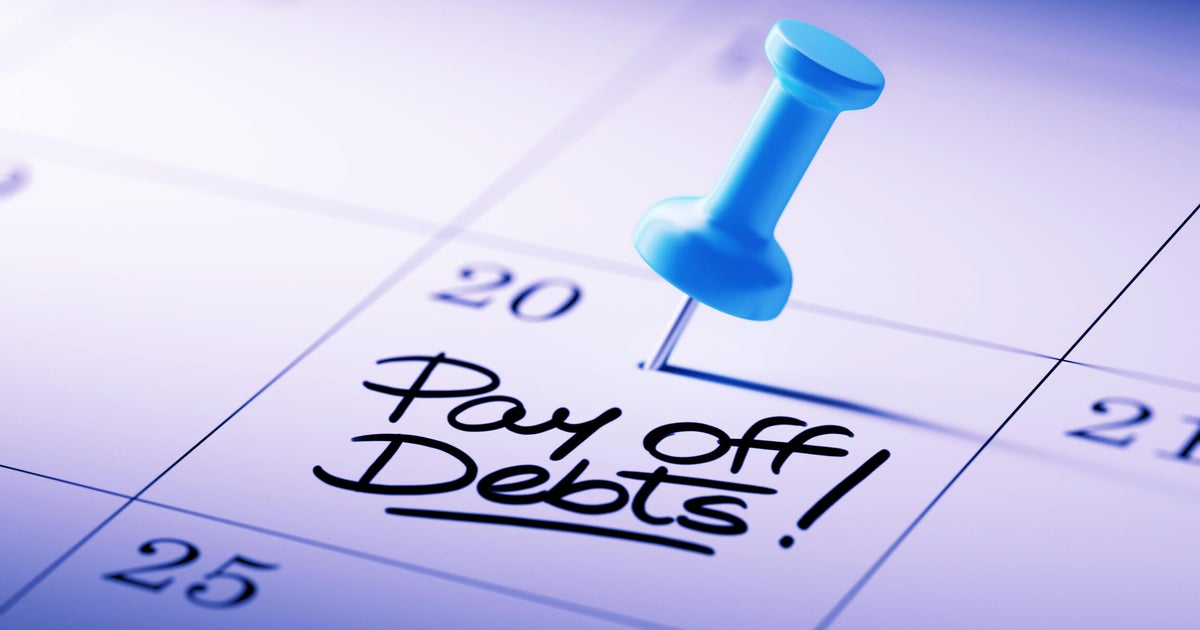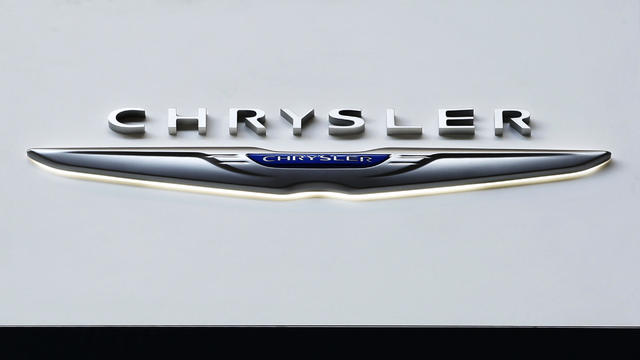

No response returned

Americans are carrying a lot of debt right now — and for many, the added financial pressure is pushing them toward a boiling point. Credit card balances are , overdue medical bills keep piling up and high-rate loans are eating up larger chunks of paychecks. And, as the monthly payments on these and other debts get harder to manage, a growing number of borrowers are as a potential way out.
When you're unable to keep up with your debt payments, trying to have a portion of your debt forgiven in return for a lower lump-sum payment can make sense. After all, while the outcomes vary, the average debt is during negotiations, meaning that could result in substantial relief. Debt forgiveness is not a universal solution, though, and some types of debt have a higher likelihood of being forgiven than others.
So, if you're thinking about pursuing debt forgiveness, it can help to know which types of debt are typically on the table and which ones might be tougher to reduce. Below, we offer a breakdown of the kinds of debt that may qualify right now.
.
If you're trying to have a portion of your debt forgiven, you may have the most success by focusing on these types of debts:
Credit card debt is , meaning there's no collateral backing the debt. As a result, creditors are typically more willing to negotiate so they can try and recover some of the money you owe. Otherwise, they risk getting nothing at all if you fully default. Most credit card companies will consider offers once your account is , which is usually at the 90- to 180-day point. You'll typically need to demonstrate , though, and have a lump sum available to pay the settled amount.
.
Personal loans from banks, credit unions or online lenders can also be , and like credit cards, personal loans aren't backed by collateral, which helps increase the odds of a positive outcome. But if the lender has taken legal action or you're still current on payments, they may not be as inclined to negotiate. and has been charged off, though, there may be an opening to reduce the balance through a one-time payment.
Medical debt is also generally , and there are a few ways you can pursue it. For example, many hospitals are open to accepting a reduced lump-sum payment or placing you on a no-interest payment plan if you're unable to pay the bill in full immediately. And, many medical providers offer patient assistance programs to reduce or eliminate these types of debts. However, if you don't qualify for assistance programs, medical debt can often be than the original amount by negotiating a lower lump-sum payment.
If you fall behind on the installment payments for , settling the debt can be a bit more complicated. Many of these companies will quickly sell past-due balances to third-party collectors, which can limit your ability to negotiate directly. And, buy now, pay later debts are often smaller than other types of unsecured debt, so there may be less incentive for the creditor to settle. That said, once your buy now, pay later debt is severely delinquent, a settlement may be possible.
can technically be settled for less than what you owe. However, they are among the most difficult types of debt to settle. Most payday lenders operate outside of traditional banking regulations, so they are often less willing to settle or may demand more aggressive repayment terms. Plus, the fee structure on these loans is designed to keep borrowers in debt. Still, some payday lenders may agree to a settlement if the account has been inactive long enough or if the borrower is facing severe financial hardship.
Debt forgiveness can be a viable option for many types of unsecured debt, but it won't work for everything. Credit cards and personal loans tend to be the easiest to negotiate, while payday loans and newer debt types, like buy now, pay later plans may pose more challenges. So, if you're considering this type of debt relief, it may be worth speaking with a debt relief specialist first to try and gain more insight. After all, the type of debt you're carrying and how far behind you are can make all the difference in how much relief you get from this strategy.





